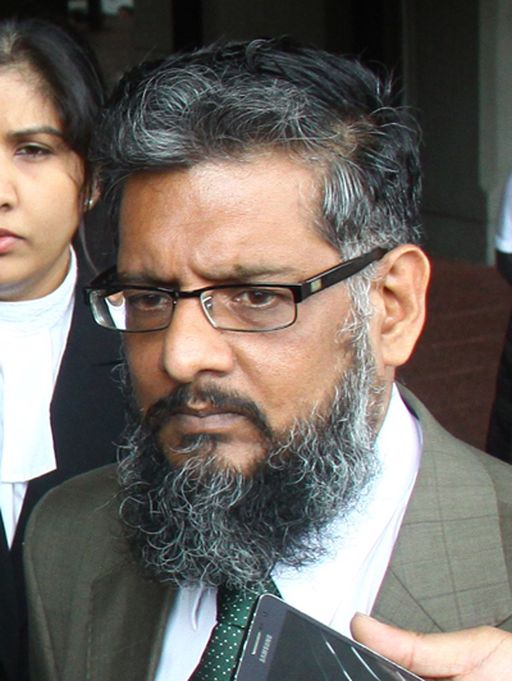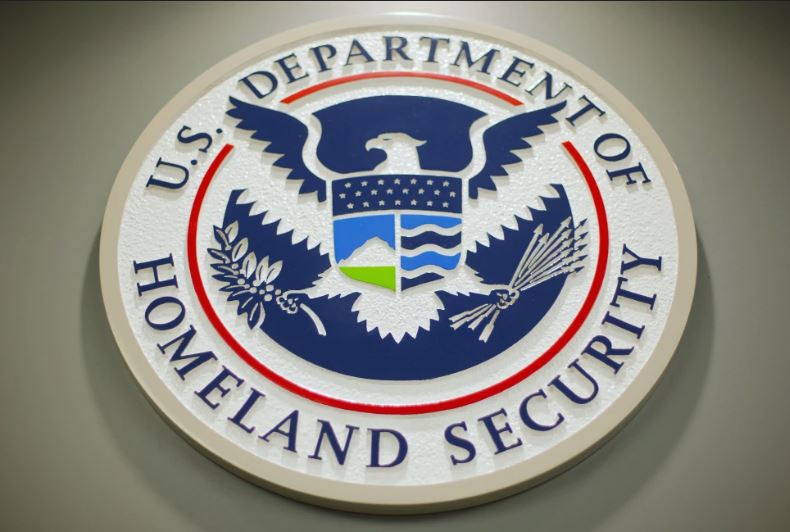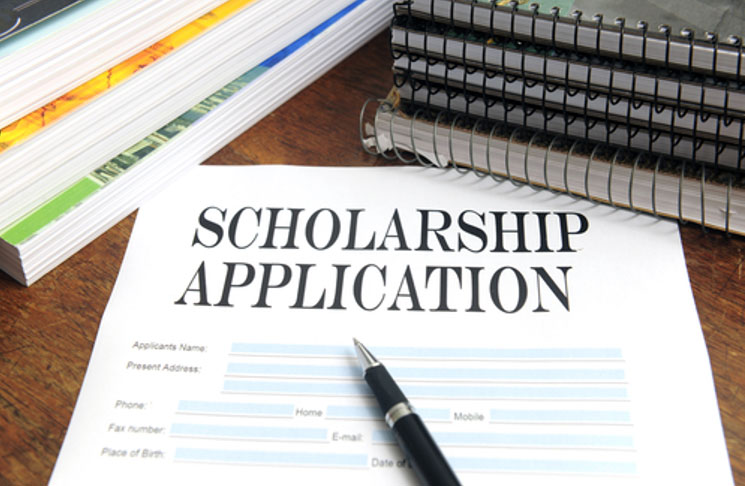CMC – The London-based Privy Council Monday upheld an appeal filed by a former opposition lawmaker challenging the composition of the Judicial and Legal Service Commission (JLSC) in Trinidad and Tobago.
Former agriculture minister Devant Maharaj had appealed to the Privy Council, the island’s highest court, indicating that he arguable grounds for pursuing the appeal since it one of constitutional and public importance.
The Court of Appeal had earlier over-ruled a judgment handed-down by High Court judge Frank Seepersad regarding the composition of the JLSC.
Maharaj had challenged the presence of two retired judges on the JLSC on the basis that the Constitution does not permit more than one retired judge.
On 6 June 2017, two new judges were to be sworn in, pursuant to advice tendered by the JLSC to then President Anthony Carona.
But Maharaj argued that at the material time in the appointment process, the members of the JLSC were the Chief Justice and the Chairman of the Public Service Commission, plus two retired judges, including one appointed to the JLSC under section 110(3)(a),
In its ruling, the Privy Council said that under the contentious section of the constitution “there cannot be appointments to the JLSC…of either serving judges or former judges in retirement.
“The parties are invited to submit an agreed draft of the precise declaration that they propose should be made to reflect this, or, in default of agreement, each side may offer the court a separate draft, accompanied by a short supporting submission.”
Section 110(3)(b) of the Trinidad and Tobago Constitution states that members of the JLSC shall be appointed by the President after consultation with the Prime Minister and the Leader of the Opposition as follows: (a) one from among persons who hold or have held office as a Judge of a Court having unlimited jurisdiction in civil and criminal matters in some part of the Commonwealth or a Court having jurisdiction in appeal from any such Court; (b) two from among persons with legal qualifications at least one of whom is not in active practice as such, after the President has consulted with such organisations, if any, as he thinks fit.
The British-based law lords also declared that section 110 requires the JLSC to comprise five members.
“The Board would endorse the view of the majority of the Court of Appeal, now no longer challenged by the respondent, that section 110 requires there to be five members of the JLSC, namely the two ex officio members named in section 110(2)(a) and (b), and three members appointed by the President under section 110(3).”
In its ruling the five-member panel said that it considers that the difficulty exemplified by this attempt to categorise a serving judge as either in, or not in, active practice as a person with legal qualifications, adds significant weight to the argument that it was not intended that judges should be included within section 110(3)(b) at all.
The Privy Council said also that section 110(3)(b) makes pool (b) appointments to the JLSC subject to consultation by the President “with such organisations, if any, as he thinks fit”.
“The reference to consulting with “organisations” brings to mind professional organisations, and it contrasts with section 110(3)(a), which has no provision for consultation. Although not a strong signal, given that the President need not consult with any organisation, this tends against construing section 110(3)(b) to include judges.
“Putting together all of these various considerations, and paying attention to the two-part structure of section 110(3), the Board concludes that it is section 110(3)(a) which deals with judges and retired judges, and that they are not within the scope of section 110(3)(b).
The Privy Council noted that it should be understood that the context for the litigation in this case was the appointment of a judge who had retired from the Bench and not subsequently returned to practice.
“The Board has not, therefore, concerned itself with the position of a judge who, after retirement from the Bench, starts to practise again as a lawyer. It should not be taken to have expressed any views as to whether or not such a retired judge would be eligible for appointment to the JLSC under section 110(3)(b).”
In a statement, Maharaj said “today the Judicial Council of the Privy Council delivered a landmark judgement regarding my legal challenge to the Judicial and Legal Service Commission (namely) A – lawful and proper constitution and B- Unconstitutional Appointments of Judges”.





You can see that T&T people cannot rules themselves, with all the fighting that their foreparents fought with the British Empire for their independence. After 57 years of independence they cannot sorted out their own constitutional rights, they have to running back to their slaves colonial masters from England for justice. What sense that is making with all the education back ground, that several government officials saying that they has.It is like they cannot read properly to comprehend, what they are reading. It is really sad about the entire countries in the region, that for hundreds of years our Africans foreparents fought with the British Empire for freedom and.They got independence almost 6 decades, and they are still operating like pure loggerheads. They are making our foreparents who are in their graves turning, around like a wheelchair. T&T always having big problems like Guyana, because the east who foreparents just came to those two countries. They want to be the rulers over black people, who been living there for hundreds of years before those east Indians came there. I met a couple of them in United States talking bullshit about black people, that type of bullshit could not happen in Jamaica. Because East Indians is less than 1% of the population.But I know that those east Indians are very much contentious, I have to deal with some of them. Anyway the CCJ decision should be the final court of justice for all the countries who signed on to it, England has no moral power over a sovereign country affairs. Because they are not under their ridership anymore, because they are very much independence from their laws.If the countries in the region cannot sorted out their own constitutional rights in their highest court of laws, if they still looking to England. My as well they all get back to the slaves masters from England as their rulers,because the people in the region are operating as wild animals. I remember when T&T got independence from our dictators slaves colonial masters from England in 1962,I was a school boy at time.Jamaica was the very first country to got independence from our dictators slaves colonial masters from England. They are no better too,they also cannot straighten out their own constitutional rights in their highest court of the country too.As far it concerns, all the government’s of the so called Caribbean island’s or countries whatever you want to call it. They are all loggerheads, if they cannot run their own constitutional rights in their highest court of laws. It does not make any sense at all, with all the degrees they are boasting about. It does not make any sense at all, they are all incompetent to do their jobs.